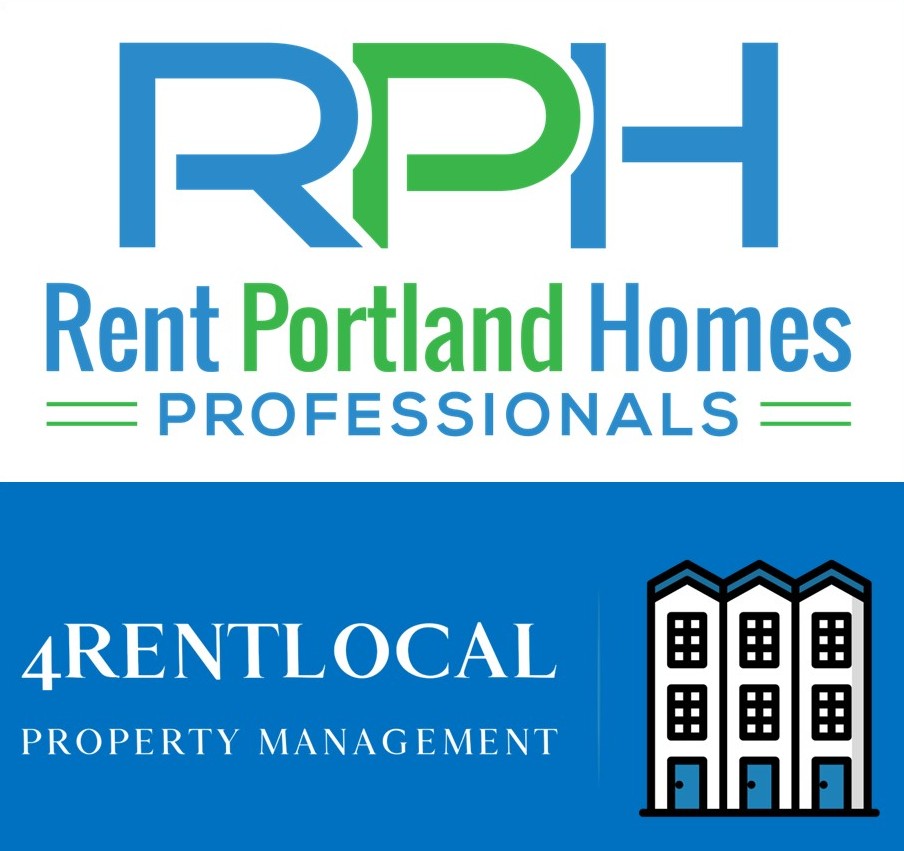Maximizing Your Investment: Is Purchasing a Rental Property in a College Town the Right Move?

As an investor seeking to maximize your returns, purchasing a rental property in a college town may seem like an enticing opportunity. The vibrant atmosphere and constant influx of students can create a strong demand for rental accommodations, making it an appealing option for real estate investment. In this article, we will explore the benefits of investing in rental properties in college towns, factors to consider when making such a purchase, how to research the local rental market, evaluate potential risks and challenges, explore financing options, find the right property, and effectively manage and market your investment. By the end, you will have the knowledge needed to make an informed decision about investing in a rental property in a college town.
Benefits of Investing in Rental Properties in College Towns
Investing in a rental property in a college town offers several compelling advantages. Firstly, the constant demand for housing from students ensures a consistent stream of potential tenants. This high demand can help minimize periods of vacancy, ensuring a steady rental income. Additionally, college towns often have a limited supply of rental properties, leading to increased rental rates and the potential for higher returns on your investment.
Moreover, the presence of a college or university in the area can contribute to a stable local economy. These institutions often employ a significant number of staff and faculty, creating a secondary market for rental properties. Furthermore, college towns tend to have a thriving social scene, with restaurants, shops, and entertainment venues that cater to the student population. This can attract young professionals and families who prefer to live in close proximity to these amenities, further increasing the demand for rental properties.
Lastly, investing in a rental property in a college town can offer tax advantages. Expenses related to managing and maintaining the property, such as repairs and renovations, can often be deducted from your taxable income. Additionally, you may be eligible for various tax incentives and benefits offered to real estate investors in certain college towns.

Factors to Consider When Purchasing a Rental Property in a College Town
While the benefits of investing in rental properties in college towns are promising, it is crucial to consider several factors before making a purchase. Firstly, you should assess the stability of the local rental market. Conduct thorough research to understand the historical trends in rental rates, vacancy rates, and overall demand. This will help you gauge the potential for long-term profitability and make an informed decision.
Additionally, consider the location of the property within the college town. Properties located in close proximity to the campus or popular amenities tend to be more desirable to students and other potential tenants. Evaluate the accessibility of public transportation, parking facilities, and other factors that may influence the attractiveness of the location.
Furthermore, consider the condition of the property and the potential need for renovations or repairs. While purchasing a fixer-upper can provide an opportunity for a lower purchase price, it is essential to accurately estimate the costs and time required for renovations. Additionally, ensure compliance with any local regulations or zoning restrictions that may impact your ability to rent out the property.
Researching the Local Rental Market in College Towns
Before investing in a rental property in a college town, conducting thorough research on the local rental market is crucial. Start by gathering data on historical rental rates, vacancy rates, and trends over the past few years. This information will give you insight into the potential returns on your investment and help you determine if the market is stable and growing.
Additionally, research the demographics of the student population and other potential tenants in the area. Understanding their preferences, needs, and budget constraints can help you tailor your property to attract the right tenants and maximize your rental income.
Furthermore, explore the local rental regulations and zoning restrictions that may affect your ability to rent out the property. Familiarize yourself with any licensing requirements, permits, or inspections that need to be completed before renting out the property.
Understanding the Demand for Rental Properties in College Towns
To maximize your investment in a rental property in a college town, it is essential to understand the demand dynamics of the local market. Consider factors such as the enrollment trends of the college or university, the availability of on-campus housing, and the projected growth of the student population. Additionally, analyze the supply of rental properties in the area and assess whether it meets the demand.
Furthermore, consider the amenities and features that are most desirable to the target market. For students, proximity to campus, public transportation, and amenities such as laundry facilities and study areas may be crucial. Understanding these preferences will enable you to cater to the needs of potential tenants and ensure a high Oregon occupancy rate.
Moreover, consider the potential for diversifying your tenant base beyond just students. Evaluate the presence of young professionals, faculty members, and other individuals who may also be seeking rental accommodations in the college town. By targeting a wider audience, you can reduce the risk of relying solely on student tenants.

Evaluating the Potential Risks and Challenges of Investing in a Rental Property in a College Town
While investing in a rental property in a college town can be lucrative, it is important to be aware of the potential risks and challenges involved. Firstly, the turnover rate of tenants in college towns can be high. Students often move in and out of rental properties on an annual basis, which may result in more frequent vacancies and turnover costs. It is crucial to account for potential vacancy periods and establish a contingency plan to minimize losses.
Additionally, college towns tend to have a seasonal rental market. Demand may be higher during the academic year, but lower during the summer months or vacation periods. Consider the potential impact of these seasonal fluctuations and plan accordingly to ensure a consistent rental income throughout the year.
Furthermore, the maintenance and management of rental properties in college towns can be demanding. Dealing with young tenants who may have limited experience with renting can present challenges. Additionally, the proximity to campus and other amenities may attract more noise and potential property damage. It is important to establish clear policies and procedures for property maintenance and tenant management to mitigate these risks.
Financing Options for Purchasing a Rental Property in a College Town
When considering purchasing a rental property in a college town, exploring various financing options is essential. Traditional mortgages from banks and financial institutions are common options for financing real estate investments. However, it is important to have a good credit score and a substantial down payment to secure a favorable loan.
Alternatively, you may consider seeking out private lenders or real estate investment groups that specialize in financing rental properties. These lenders often have more flexible lending criteria and may be more willing to finance investment properties in college towns.
Moreover, explore the potential for leveraging your existing assets. If you own other properties or have investments that can be used as collateral, you may be able to secure a loan with more favorable terms.
Lastly, consider the option of partnering with other Oregon investors to pool resources and share the financial burden. This can provide access to additional capital and expertise, reducing the financial strain of purchasing a rental property in a college town.

How to Find the Right Rental Property in a College Town
Finding the right rental property in a college town requires careful consideration and thorough research. Start by identifying the neighborhoods or areas within the college town that are most desirable to students and potential tenants. Consider factors such as proximity to campus, public transportation, amenities, and safety.
Next, utilize online real estate listing platforms, local real estate agents, and property management companies to search for available properties. Filter your search based on your specific criteria, such as the number of bedrooms, square footage, and price range. It is advisable to visit the properties in person to assess their condition and potential for renovation.
Furthermore, consider networking with local real estate professionals, property owners, and other investors in the college town. They may have valuable insights and information about upcoming opportunities or off-market properties that are not publicly listed.
Lastly, conduct thorough due diligence before making an offer on a property. Evaluate the property’s rental history, expenses, and potential for growth. It is also advisable to have a professional inspection conducted to identify any hidden issues or necessary repairs.
Managing and Marketing Your Rental Property in a College Town
Effectively managing and marketing your rental property in a college town is crucial for long-term success. Start by establishing clear policies and procedures for tenant screening, rent collection, maintenance requests, and property inspections. This will help ensure a smooth and efficient management process.
Next, consider the marketing strategies that will attract the right tenants to your property. Utilize online rental listing platforms, social media, and local advertising channels to reach potential tenants. Highlight the unique features and amenities of your property and emphasize its proximity to the college or university.
Furthermore, consider partnering with local student organizations, campus housing offices, and other relevant institutions to promote your property. Offering incentives such as discounted rent or referral bonuses can also help attract tenants.
Moreover, prioritize maintenance and prompt response to tenant concerns. Regularly inspect the property and address any necessary repairs or maintenance issues to ensure tenant satisfaction and minimize turnover.
Additionally, consider the potential for offering additional services or amenities that can differentiate your property from competitors. This could include providing furnished units, offering utilities included in the rent, or creating a communal space for socializing and studying.
Making an Informed Decision about Investing in a Rental Property in a College Town
Investing in a rental property in a college town can be a strategic move to maximize your investment returns. The constant demand for rental accommodations from students and other potential tenants, coupled with the potential for higher rental rates and tax advantages, makes it an attractive option. However, it is crucial to consider factors such as the stability of the local rental market, property location, potential risks and challenges, financing options, and effective property management.
By thoroughly researching the local rental market, understanding the demand dynamics, and conducting proper due diligence, you can make an informed decision about whether purchasing a rental property in a college town is the right move for you. Remember to carefully assess the potential risks and challenges, explore financing options, find the right property, and effectively manage and market your investment. With the right approach and careful planning, investing in a rental property in a college town can be a rewarding venture.
Contact Us
For more tips on buying a rental property in a college town, or to learn more about the services we can offer you, contact us today by calling (503) 447-7788 or click here to connect with us online.
